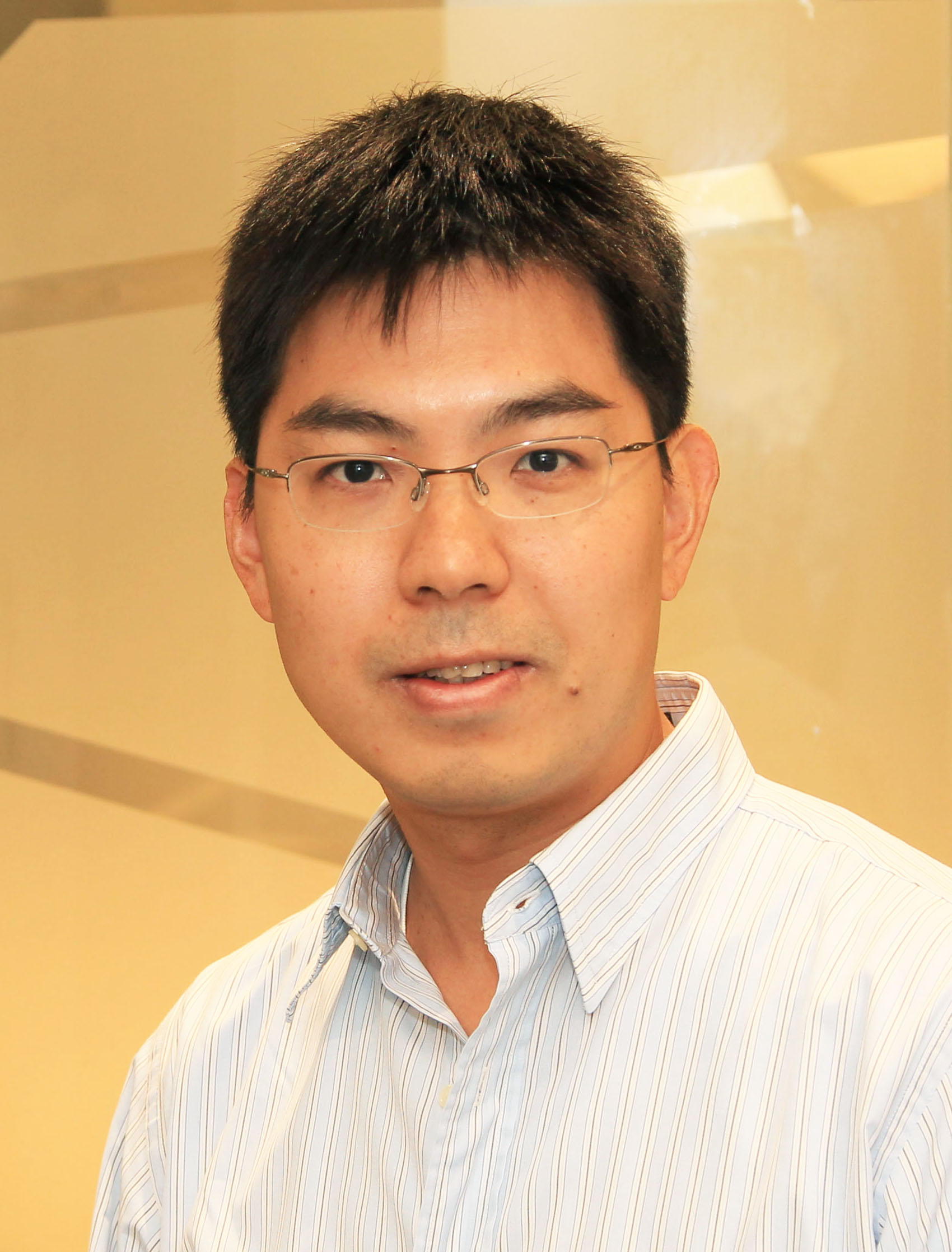
Associate Professor Yik-Chung Wu
University of Hong Kong, China
Title: Going beyond generic deep learning for wireless communications
Abstract:
In recent years, deep learning has become an essential component of wireless communication design. However, most attempts simply utilize generic modules such as Multi-Layer Perceptron (MLP), Convolutional Neural Network (CNN), and others. While these generic designs have proven to be somewhat effective in experiments, they may not be the ideal fit for wireless communications. This presentation argues that domain knowledge in wireless communications should be leveraged when designing deep learning algorithms for wireless applications. We will explore three examples of how this domain knowledge can be incorporated. The first one involves deep unfolding of an optimization algorithm to guide the deep neural network architecture. The second one employs a Graph Neural Network to mimic the network topology of multiple users and multiple base stations. The third one is the use of complex-valued neural networks to match the characteristics of wireless communication signals. Experimental studies reveal the benefits of using deep learning with structures specifically tailored for wireless applications.
Biography:
Yik-Chung Wu received the B.Eng. (EEE) degree in 1998 and the M.Phil. degree in 2001 from the University of Hong Kong (HKU). He received the Croucher Foundation scholarship in 2002 to study Ph.D. degree at Texas A&M University, College Station, and graduated in 2005. From August 2005 to August 2006, he was with the Thomson Corporate Research, Princeton, NJ, as a Member of Technical Staff. Since September 2006, he has been with HKU, currently as an Associate Professor. He was a visiting scholar at Princeton University, in summers of 2015 and 2017.
His research interests are in general areas of signal processing and communication systems, and in particular Bayesian inference, distributed algorithms, and large-scale optimization. Dr. Wu served as an Editor for IEEE Communications Letters, and IEEE Transactions on Communications. He is currently a Senior Area Editor for IEEE Transactions on Signal Processing, an Associate Editor for IEEE Wireless Communications Letters, and an Editor for Journal of Communications and Networks. He received four best paper awards in international conferences, with the most recent one from IEEE International Conference on Communications (ICC) 2020. He was a symposium chair for many international conferences, including IEEE International Conference on Communications (ICC) 2023 and IEEE Globecom 2025. He was elected the Best Editor of the year 2023 in IEEE Wireless Communications Letters. He is an elected member of IEEE signal processing society SPCOM Technical Committee (2025-2026), and an IEEE Vehicular Technology Society (VTS) Distinguished Lecturer (2025 class).